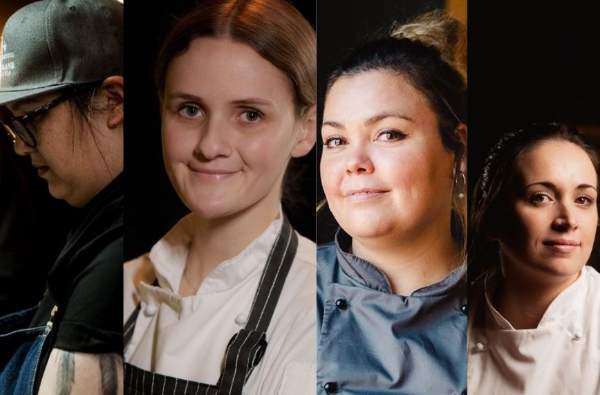News
The empowering rise of women in South Africa’s restaurant industry
Monday, August 7th, 2023It’s 2023, and despite some progress, the food industry is still male dominated. Yet, as the number of female chefs rises, globally and locally, the industry is benefitting.
In honour of Women’s Month, we chatted with some of South Africa’s trailblazing female chefs to find out how their experiences have shaped them into who they are and how they lead today.
Unfortunately, the discussion around women in food can’t happen without mentioning how tough most female chefs have it. This industry has long been the battleground for gender politics. Be it harassment, being underestimated or dismissed for being ‘too emotional’, many female chefs are treated differently from their male counterparts. Despite this, these women have come out of these situations even stronger, with deeper insight.
“Self-awareness is so important,” says Teenola Govender, co-head chef of The Red Room by Chefs Warehouse. “Accept that these preconceived notions exist; rather than fighting it with anger, fight with education.” And as the industry has reckoned with the rejection of abusive and toxic kitchen culture, many female chefs have been at the forefront. “I’ve left jobs if I didn’t like the nauseating smell of macho,” says Cynthia Rivera, co-owner and head chef of Mulberry & Prince. “I only ever allowed myself one job where the chef yelled and threw stuff and I vowed never again. Times are changing and there are better ways to run a kitchen.”
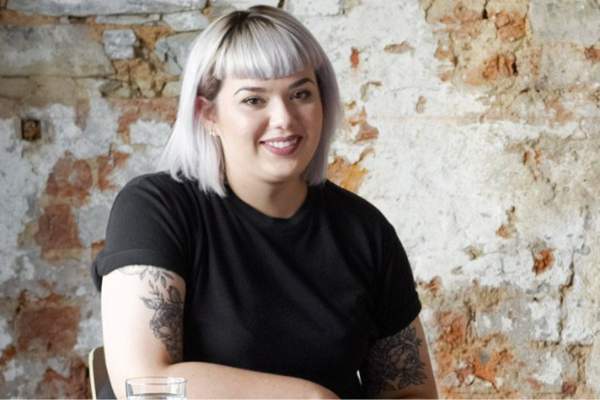
Cynthia Rivera
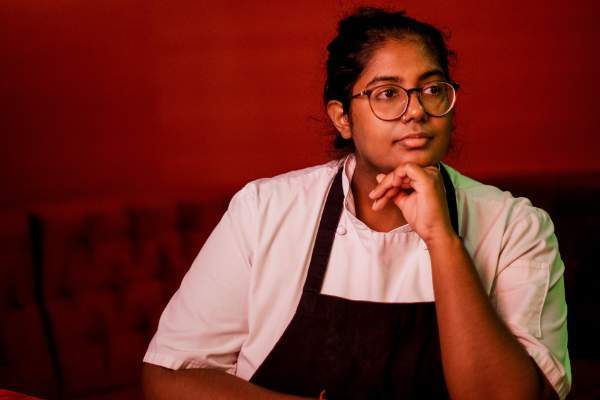
Teenola Govender
These changes have not only improved working conditions overall, but more women in decision-making positions results in more empowered women – everywhere. In the case of women-owned restaurants, they’re now giving space to other young women. Jes Doveton, head chef and co-owner of Acid Food & Wine Bar, says opening Acid was one way she chose to stick it to the man and her experiences formed how she runs her kitchen. Now, she says she tackles any prejudice “by sticking to our core values, not allowing any sexist behaviour and trying my best to be a mentor to upskill my female staff.”
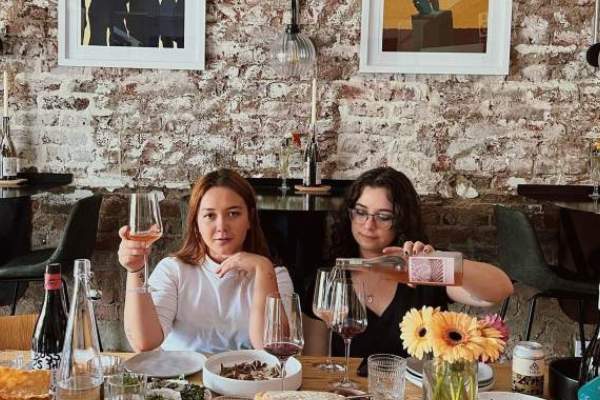
Jes Doveton and co-owner Jemma Styer
This knock-on effect of more women in kitchens means there is also increased support within the industry. “An all-male culinary industry made me more determined to make my mark as a woman,” says Jessica Munisamy, executive chef of Eat Out star restaurant Modern Tailors. “And receiving support from other women has pushed me to be more expressive with my skills, allowing me to inspire other female chefs.” Jes Doveton agrees, “Mentorship is vital, and I hope that I can be that to young chefs who are growing and keen to learn about South-East Asian food.”
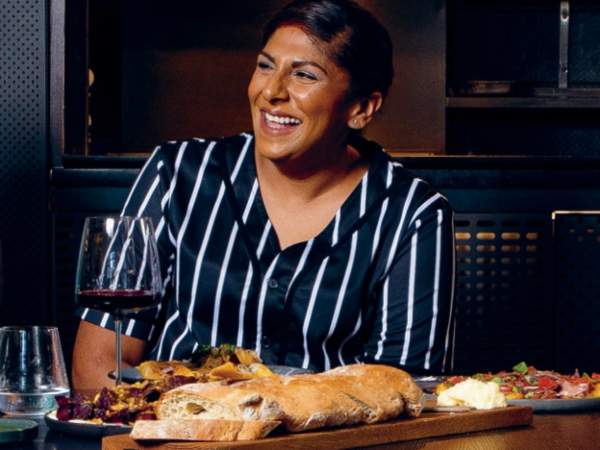
Jessica Munisamy
Gender diversity is key, and frankly, kitchens are better for having more women in them. Stereotypes aside, women tend to be more perceptive, empathetic, and caring, which contributes to a happier working environment. Jess van Dyk, chef and owner of Eat Out star restaurant Post & Pepper, says that women bring a ‘roundedness’. “We pay more attention to detail, have more compassion for our teammates, and can multitask better. I think seeing the small details has an advantage as knowledge is power.” She adds, “The more you know, the better you do!” Cynthia echoes this, “We are always thinking about how others view us or our work, but it also allows us to see things from different perspectives.” Teenola adds, “I am so proud of our women in the kitchen. They are fierce, smart and so determined to make a difference.”
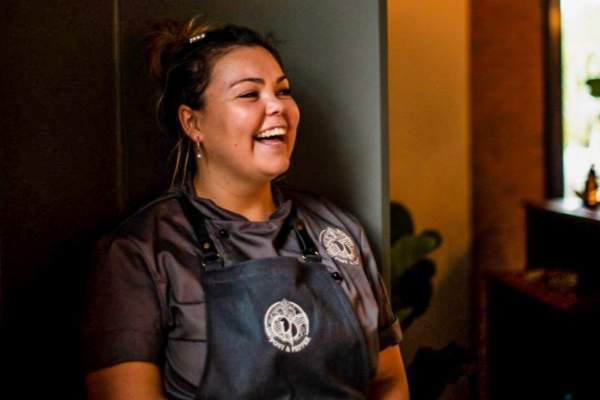
Jess van Dyk
So, while there’s still work to be done, there’s never been a more exciting time for women in food. “Representation matters. Seeing other female chefs succeed is incredibly inspiring,” says Teenola. And while it might be tough, “You’ve just got to push through the barriers that may arise, one at a time. The journey will test you but also strengthen you,” says Jessica. With a community of women like this, the future of this industry is bright, and as Jess says, “When women support each other, magic can happen.”
For more decadent food stories and mouthwatering restaurant reviews, join over 20 000 other Eat Out fans and get our weekly newsletter straight to your inbox!




